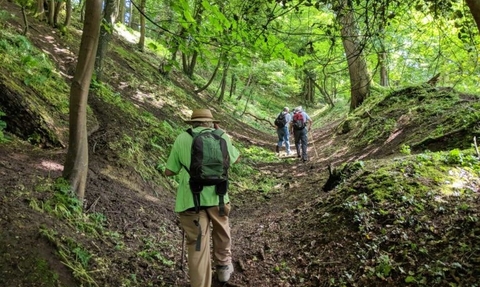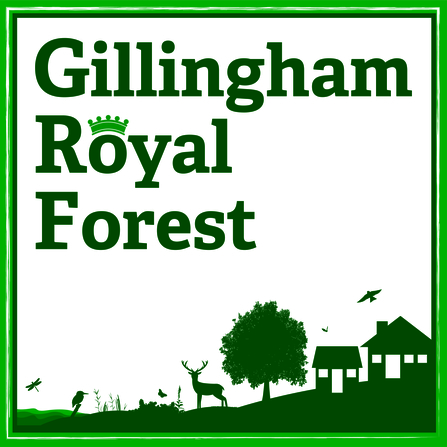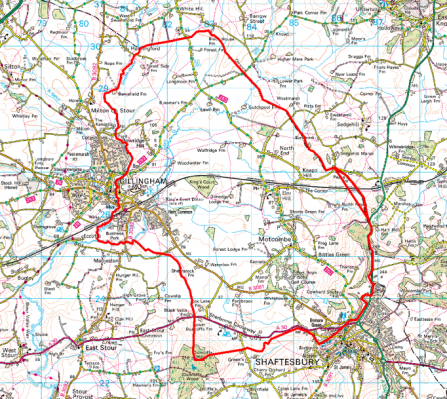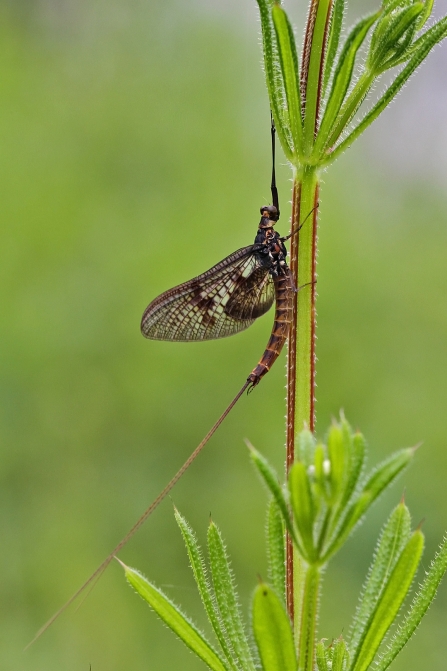
Emma Godden
Gillingham Royal Forest
A Natural, Historic and Cultural Living Landscape for north Dorset
The Gillingham Royal Forest project was a successful collaboration with the local community to restore, recreate and reconnect a historic landscape whilst making an increasing contribution to the sustainable development of Gillingham. Launched in 2019 and funded by £61,900 from the National Lottery Heritage Fund and £10,000 from Southern Co-op, the project ended in 2023.
This former royal hunting forest has a rich history of people and wildlife. There are scheduled ancient monuments, ancient hedgerows and woodlands with veteran trees, ponds and the headlands of chalk streams. The natural and cultural features of this land form a living landscape of great importance and value to the local community, providing opportunities for learning, recreation and participation in conserving its heritage.

Discover the Royal Forest
This former royal hunting forest dates from at least the 13th Century, when King John arrived in Gillingham to stay at a hunting lodge within a royal deer park, surrounded by extensive forest. Later, the lodge was to become known as ‘King's Court’. Traces of its great rampart and moat can still be seen today and are scheduled ancient monuments.
Royal interest in the Forest declined from the 14th century and in 1665 it was deforested, causing a period of social unrest that continued until the end of the English Civil War. Veteran oaks and ancient hedgerows remain as clues to a natural and social history that has created the landscape we see today.

Gillingham Royal Forest Map
Discover the wildlife
Wildlife of the Gillingham Royal Forest include the protected species Bechstein’s and Daubenton’s bats. It is a hotspot for great crested newts and home to otters and water voles. Dormice, barn owls the silver washed fritillary and purple hairstreak butterflies can also be found here. We hope that volunteer surveyors will discover more about the wildlife of the area during the project.

Barn Owl (Tyto alba) hunting UK © Andy Rouse/2020VISION
Riverfly Monitoring
You can read all about the Riverfly Project and how to join us as a volunteer here. We can provide volunteers with the knowledge and experience to survey invertebrates in their local river, so that the health of the river can be monitored as part of a national scheme.
If you would like to find out more about helping to monitor riverflies, please contact riverfly@dorsetwildlifetrust.org.uk.

Mayfly © Margaret Holland
Thank you to our partners - we couldn't have done it without you!
The Gillingham Royal Forest was a partnership project led by Dorset Wildlife Trust in collaboration with:
Gillingham Town Council, Gillingham Local History Society, Gillingham Walkers, North Dorset Health Walks, Gillingham Action for Nature Group, Motcombe Parish Council, Dorset Council, Natural England, Blackmore Vale Line Community Partnership, Farming and Wildlife Advisory Group South West, Wessex Water, U3A, White Hart Link, Stour Catchment Partnership, Riverfly Group, NFU, Woodland Trust and The Three Rivers Partnership.
Find out more about the Gillingham Royal Forest project
Thanks to the funders of the Gillingham Royal Forest project








